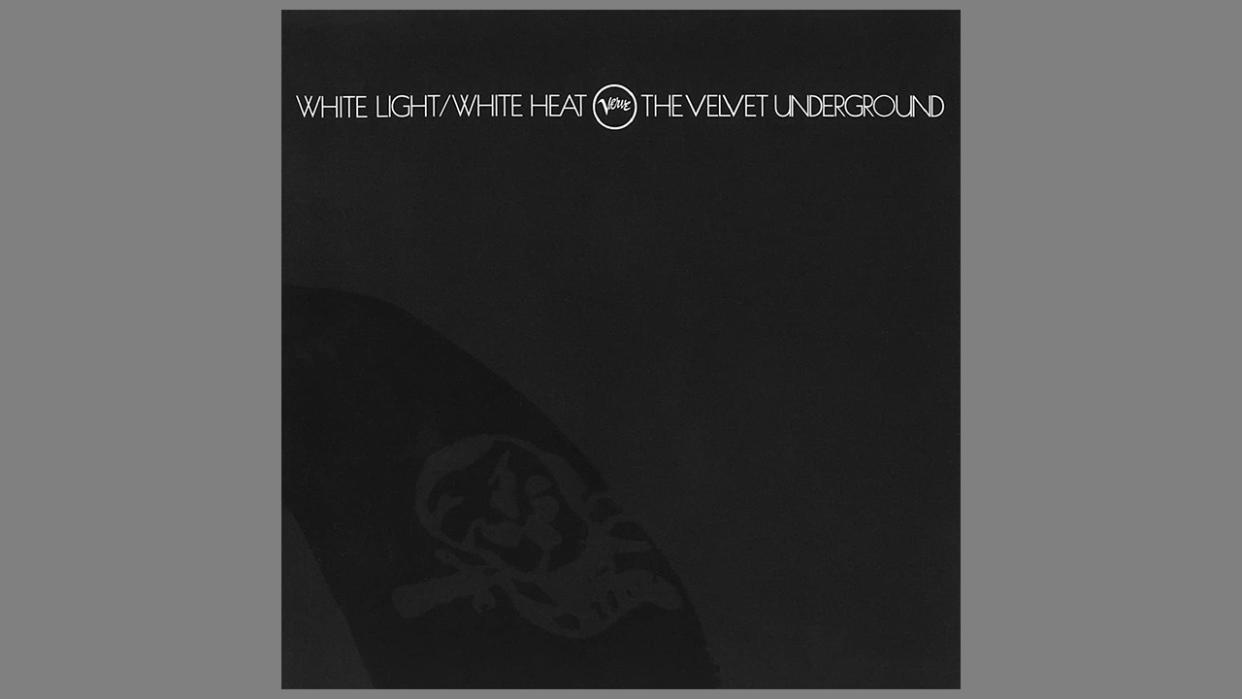“A few progressive leaps too far, with its experimentation and sheer audacity… but the future understood”: The Velvet Underground’s White Light/White Heat

- Oops!Something went wrong.Please try again later.
While cited as original pioneers of a simplistic, primal brutality latterly re-branded as punk, the Velvet Underground’s avant-garde and experimental interpretation of pop as outsider art had a seismic influence on prog.
Former Syracuse University creative writing student and Pickwick Records house songwriter Lou Reed allied transgressive lyrics (reminiscent of Hubert Selby’s Last Exit To Brooklyn) to an acute pop sensibility. John Cale, Reed’s Velvets co-founder, was a Welsh viola player who’d relocated to NYC via London’s Goldsmiths College, with support from Aaron Copland. Cale’s affinity with the avant-garde saw him play with La Monte Young and Tony Conrad, picking up drone techniques he’d not only bring to the Velvets’ table but also to his production of The Stooges’ iconoclastic debut.
Having casually delivered one of the rock era’s finest works, The Velvet Underground & Nico, the band dispensed with the Teutonic chanteuse thrust on them by ‘producer’ Andy Warhol, ditched some sweeter songwriting sensibilities and got seriously progressive with White Light/White Heat.
Billy Name’s classic black-on-black photo cover alerted ’68’s potential purchaser that it was no ordinary album and, for those few brave souls who invested, an easy listen was out of the question. WL/WH was the most extreme music the 12-year-old rock’n’roll epoch had yet produced.
The album’s opening title track is a two-chord speed rush; it strips rock to its bare bones as, against overdriven mayhem, Reed babbles toward a proto-punk climax. The Gift sets Cale’s spoken-word reading of a cautionary Reed tale of unrequited longing and brain-lodged blades to a driving instrumental workout, formerly known as Booker T.
Lady Godiva’s Operation further intensifies proceedings; Cale’s viola scratches against percussionist Maureen Tucker’s tachycardic heartbeat, as a botched surgical procedure is described in schizophrenic stereo.
The gentle double entendre of Here She Comes Now echoes their debut before side two casually unleashes hell. The vicious feedback maelstrom of I Heard Her Call My Name exemplifies extremity, before the Sterling Morrison-riffed Sister Ray coaxes rock toward a proto-prog longevity previously unimaginable. To a pop zeitgeist still reeling in the wake of the six-minute Like A Rolling Stone, the Velvets’ 17-minute, 28-second saga of drugs, violence, transvestism and homosexuality was a few progressive leaps too far.
Consequently, White Light/White Heat, with its unquenchable experimentation and sheer audacity, never enjoyed mass appeal on its original release, but – as with all the best prog – the future understood.

